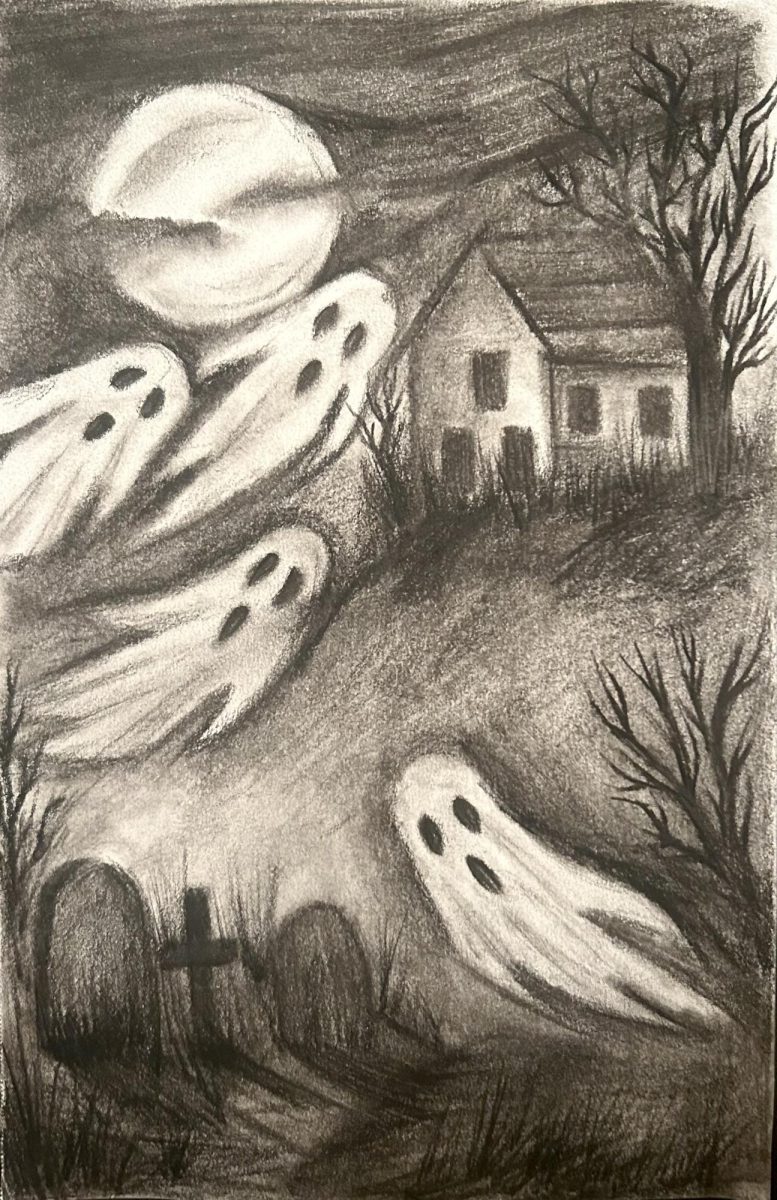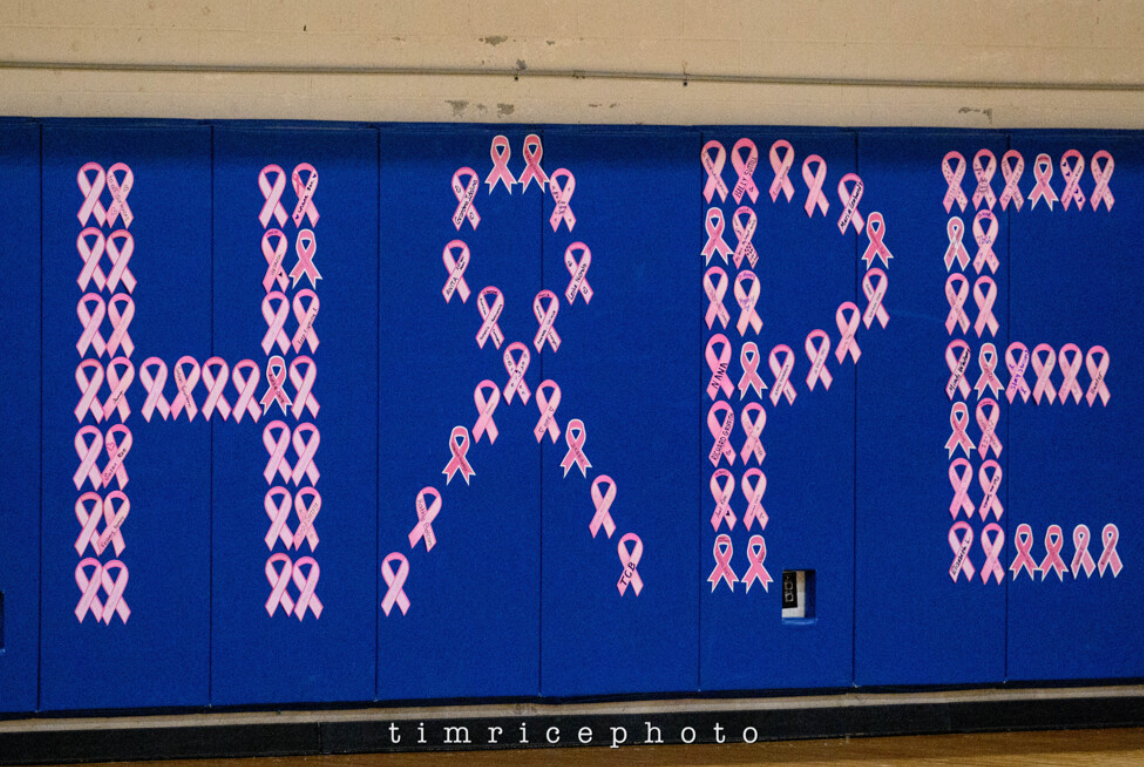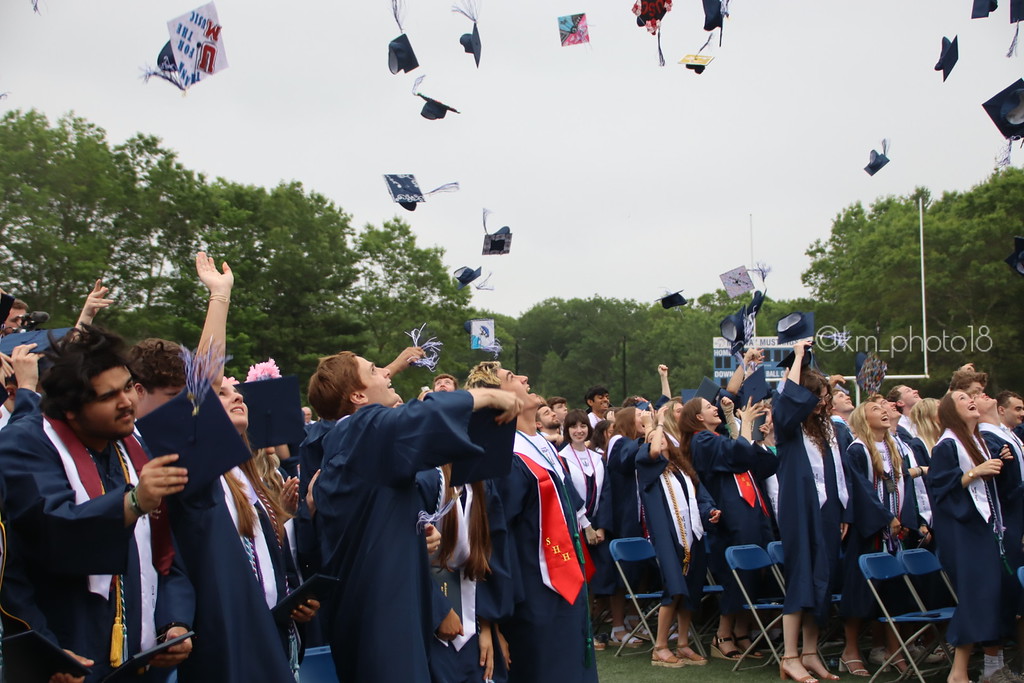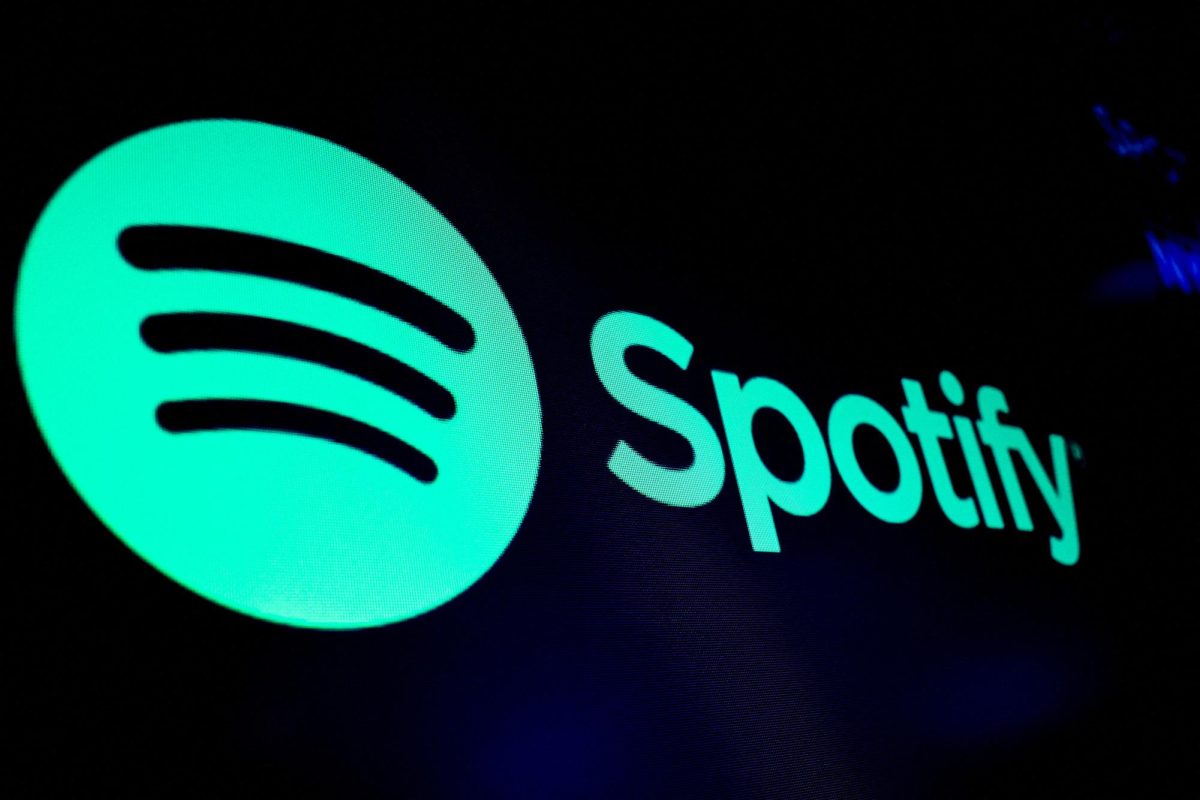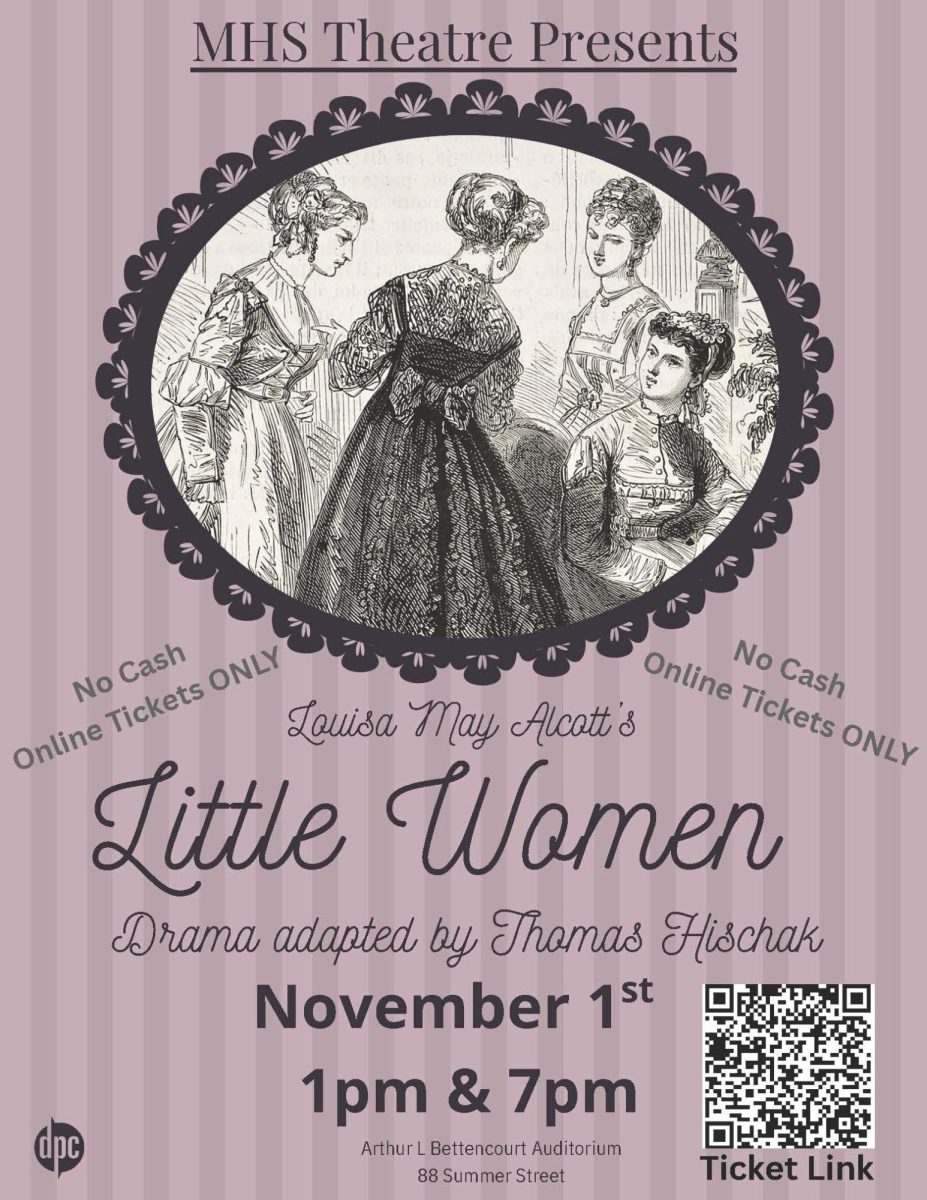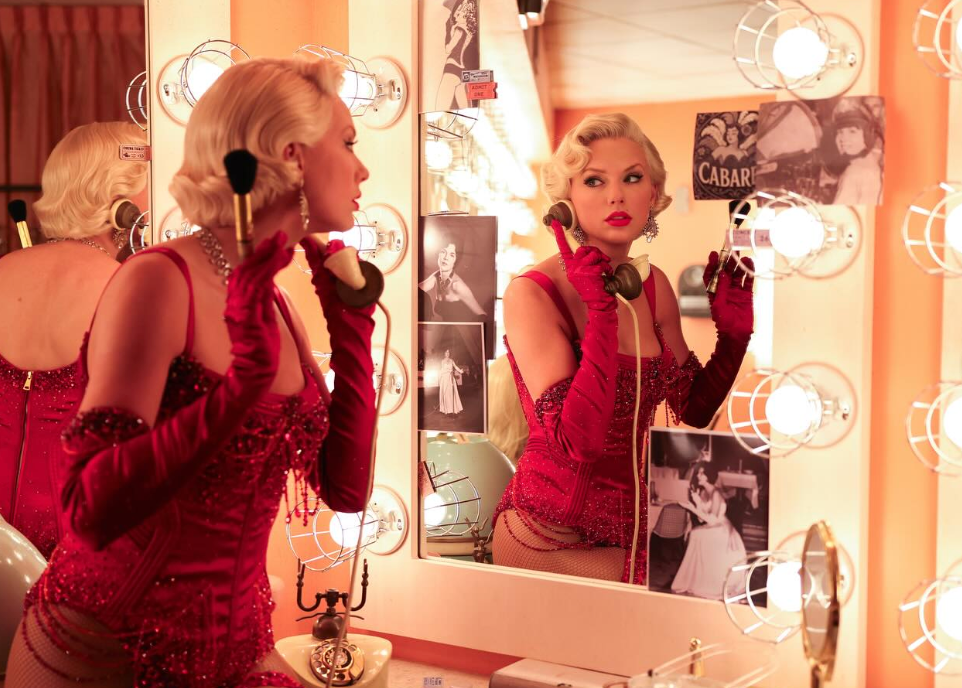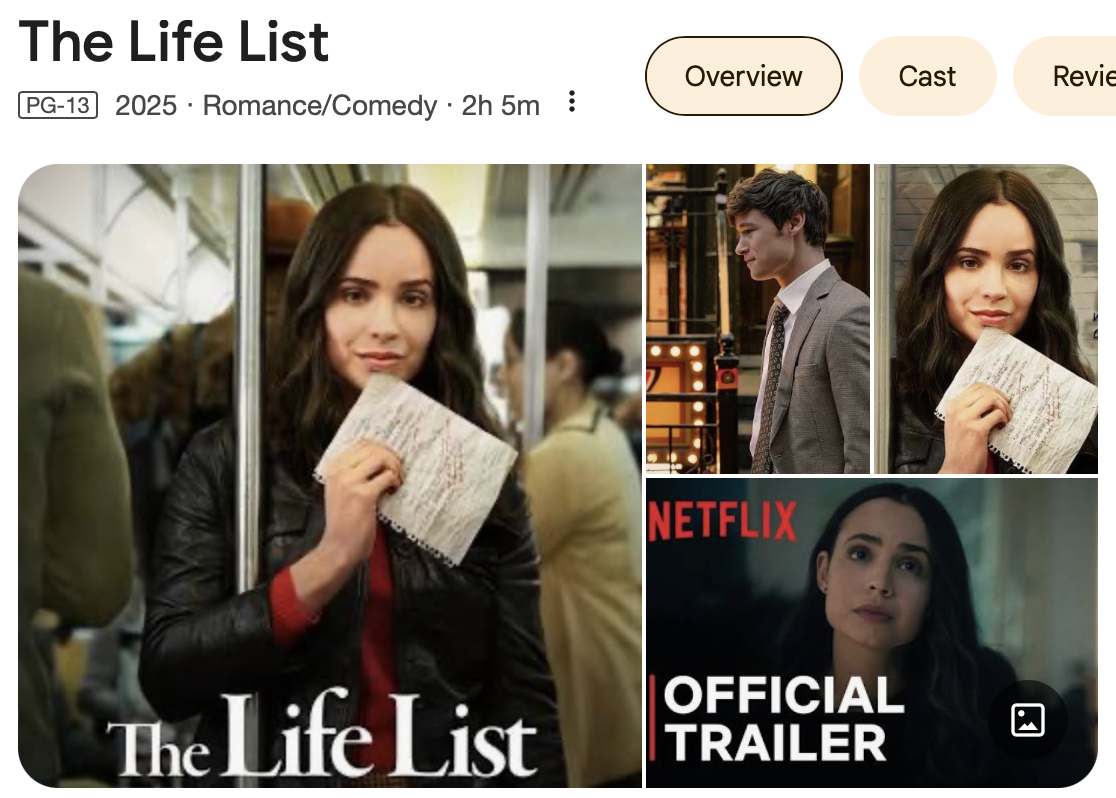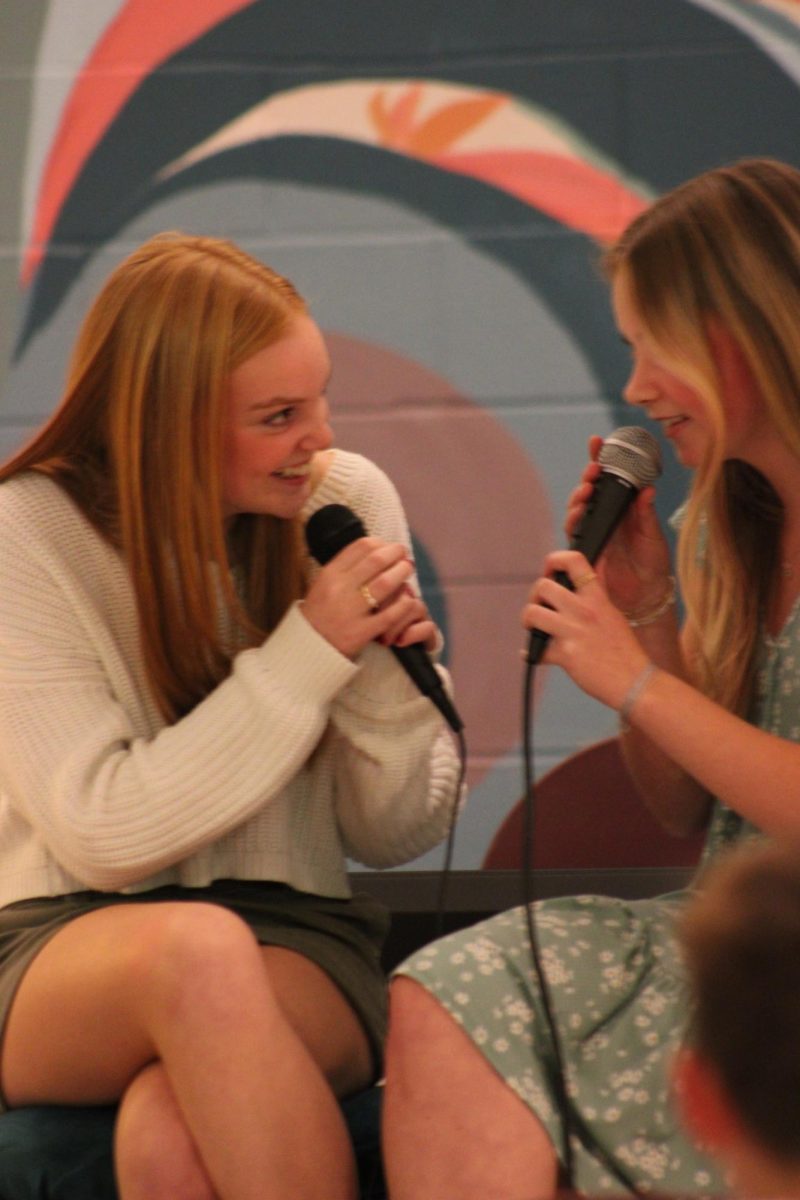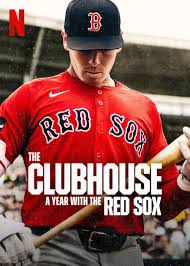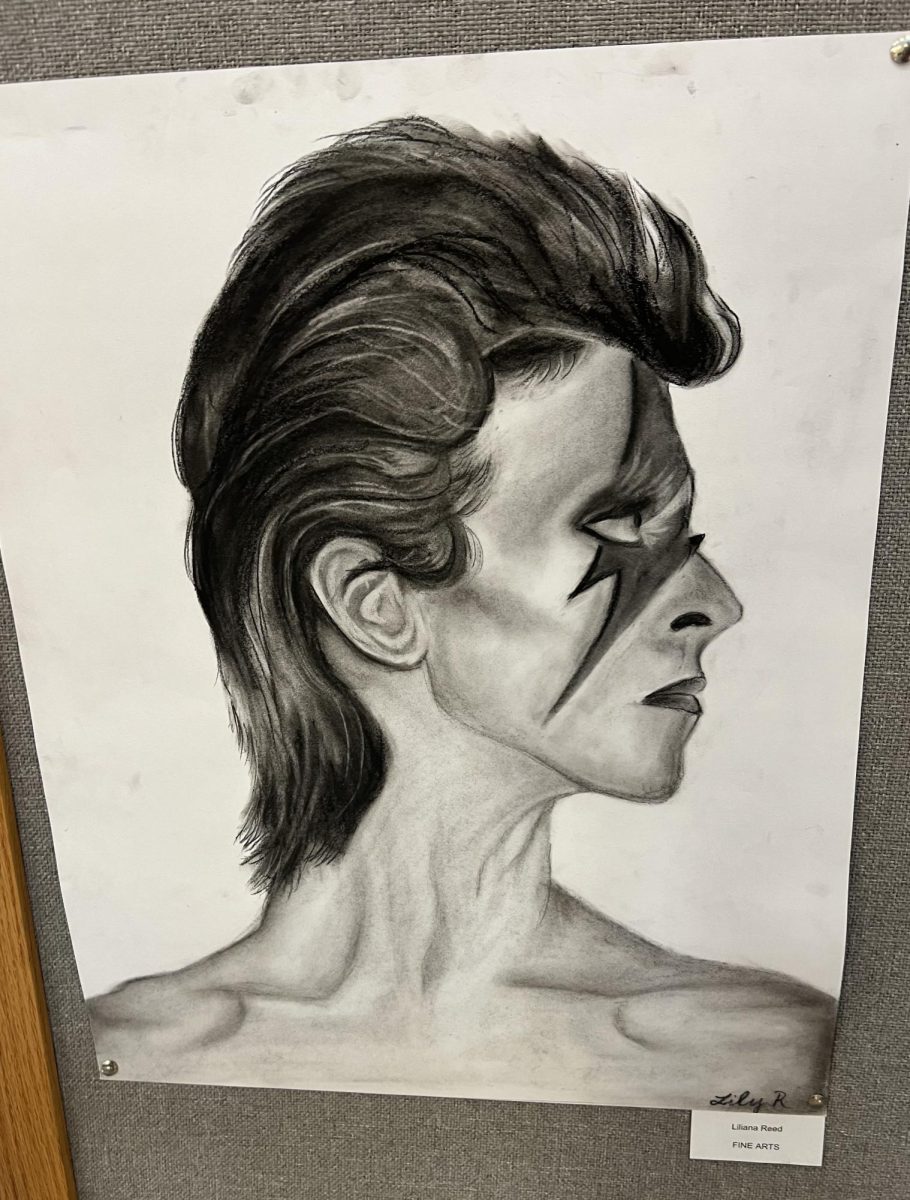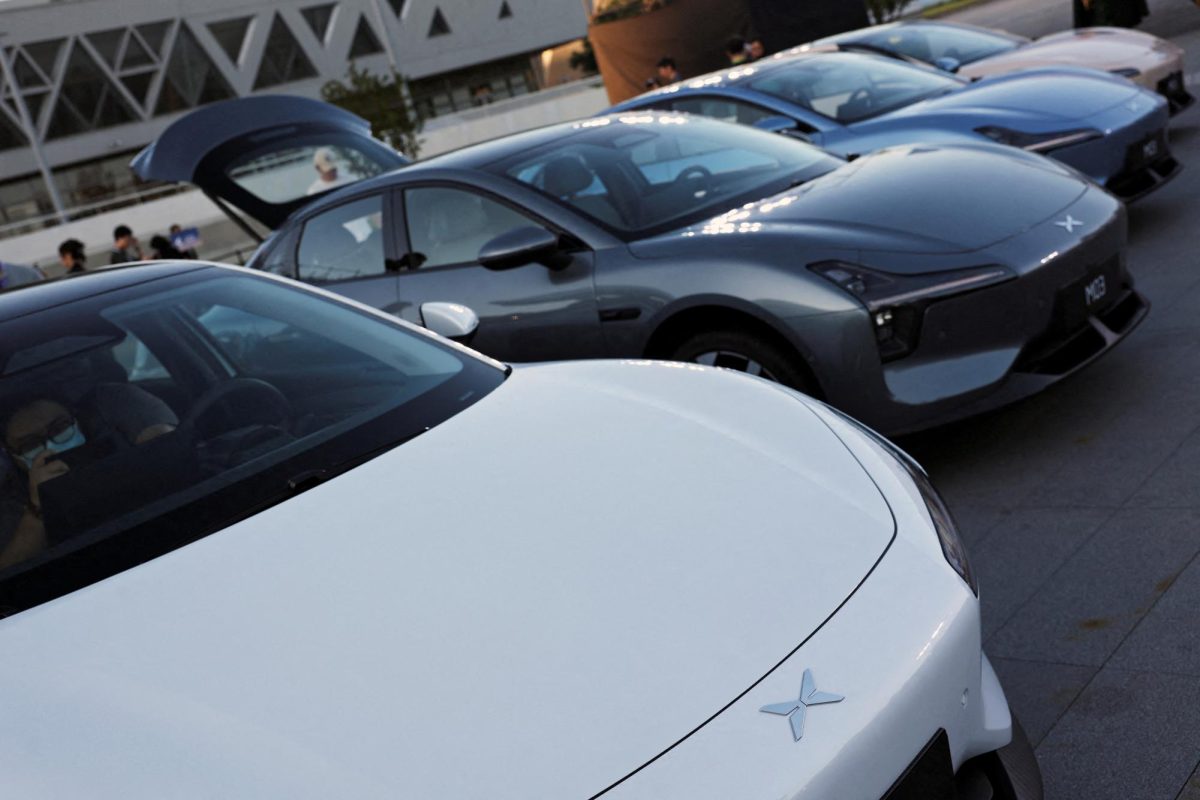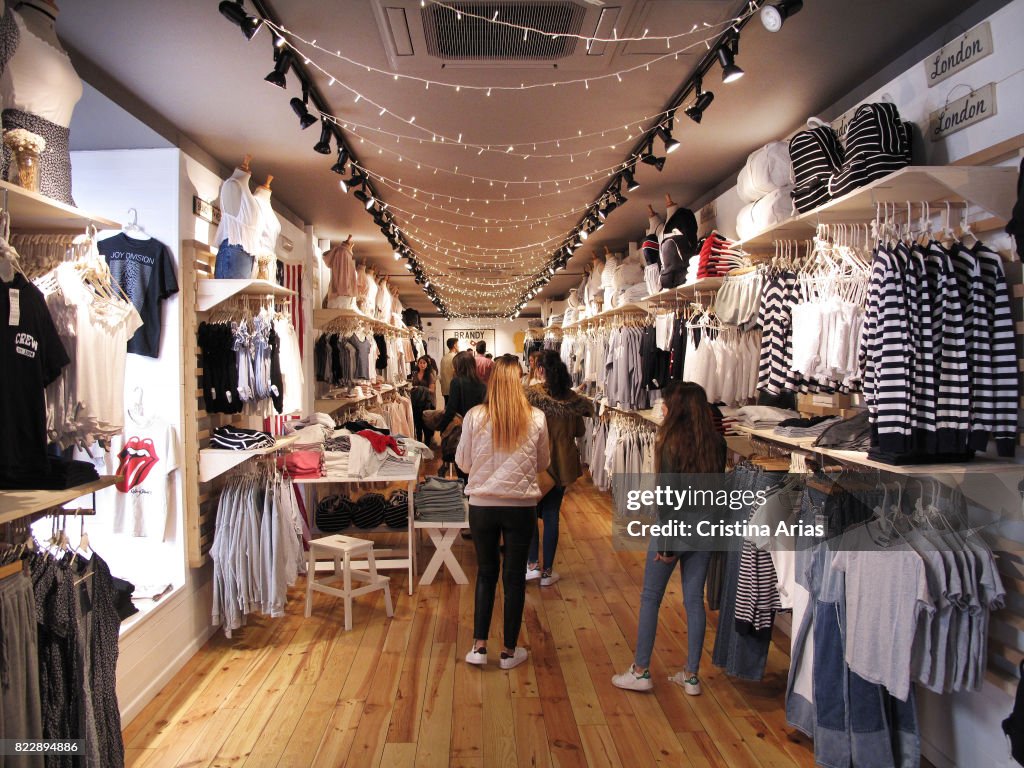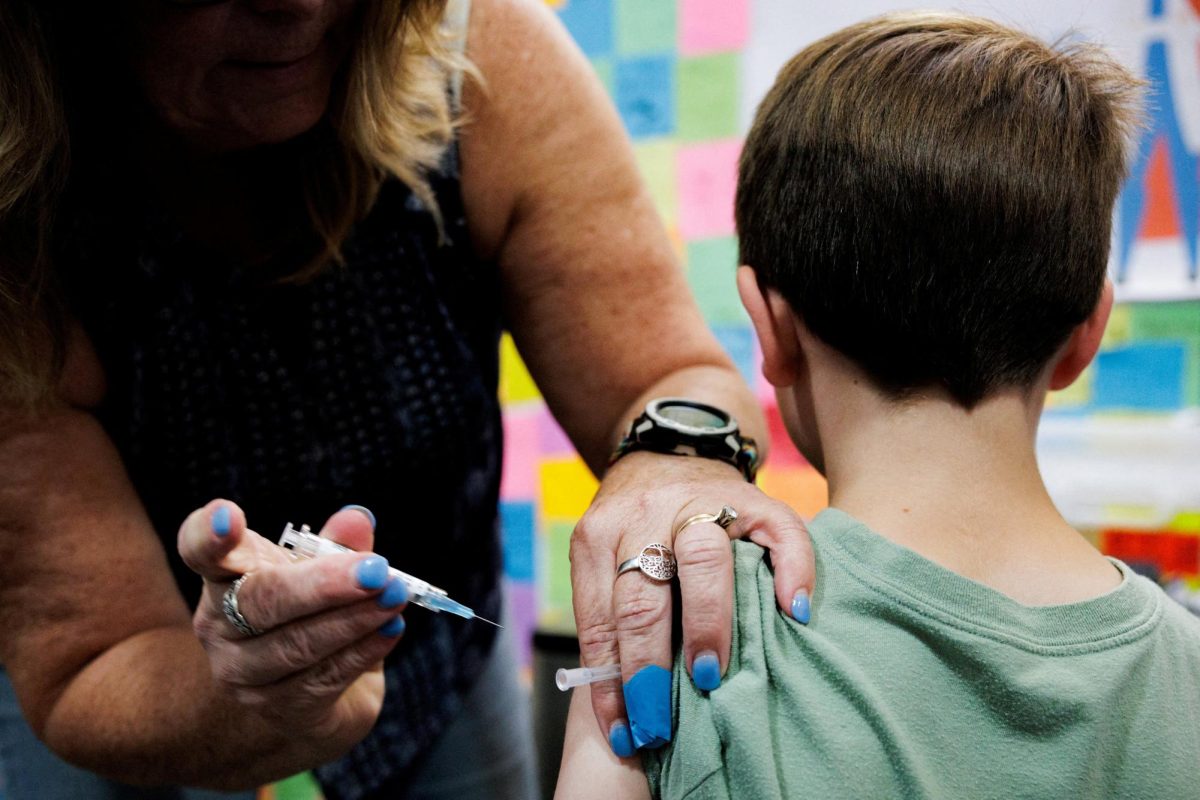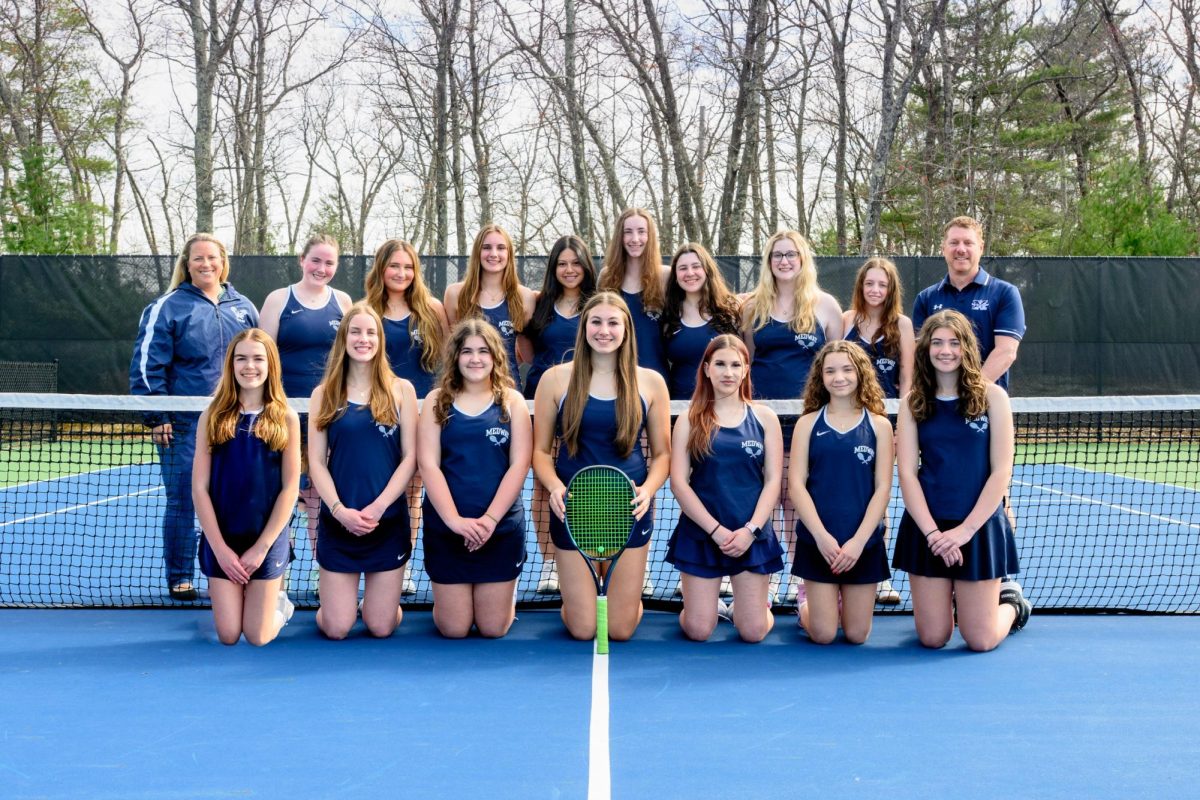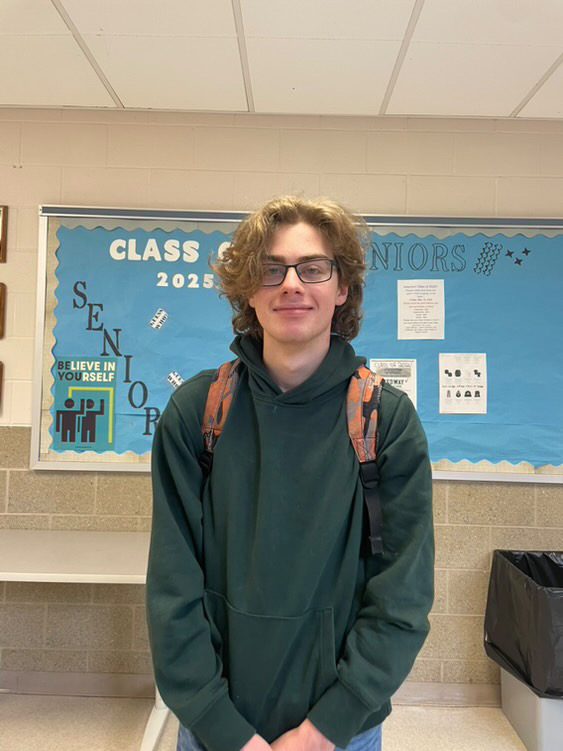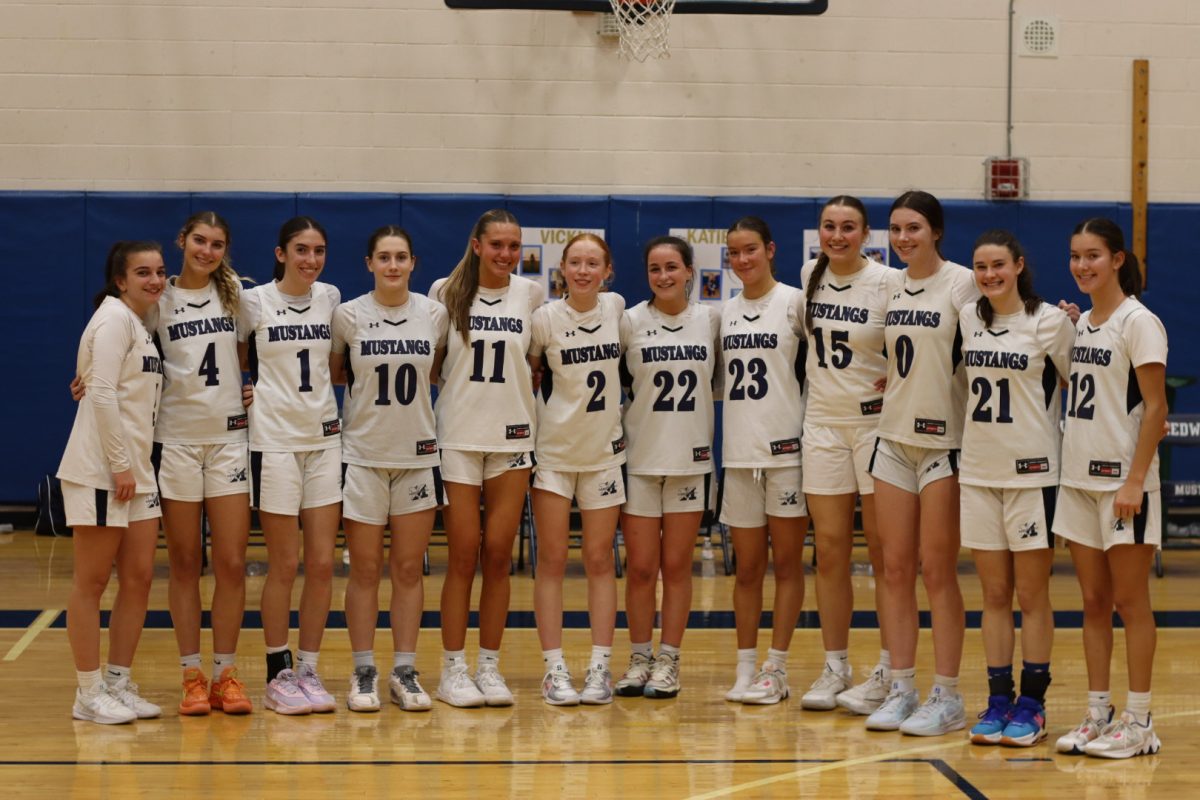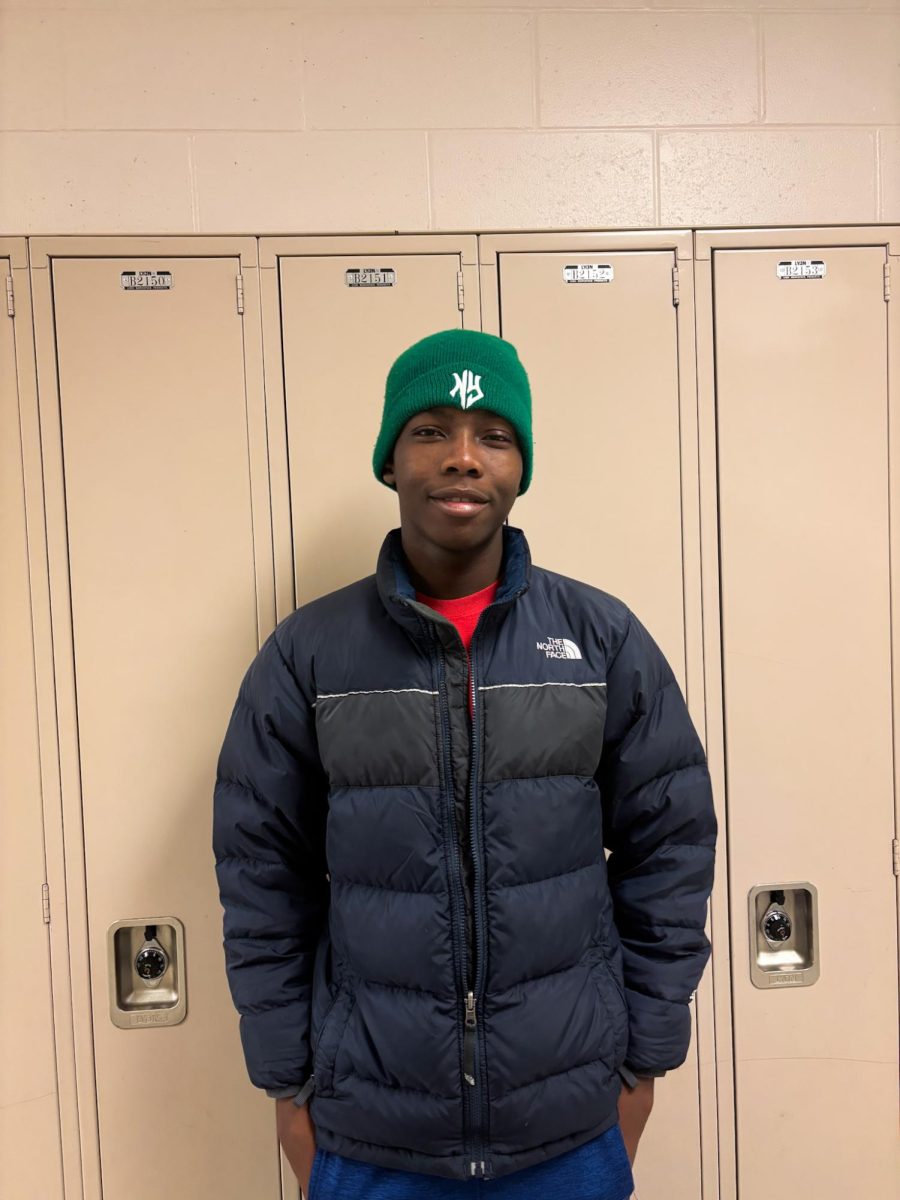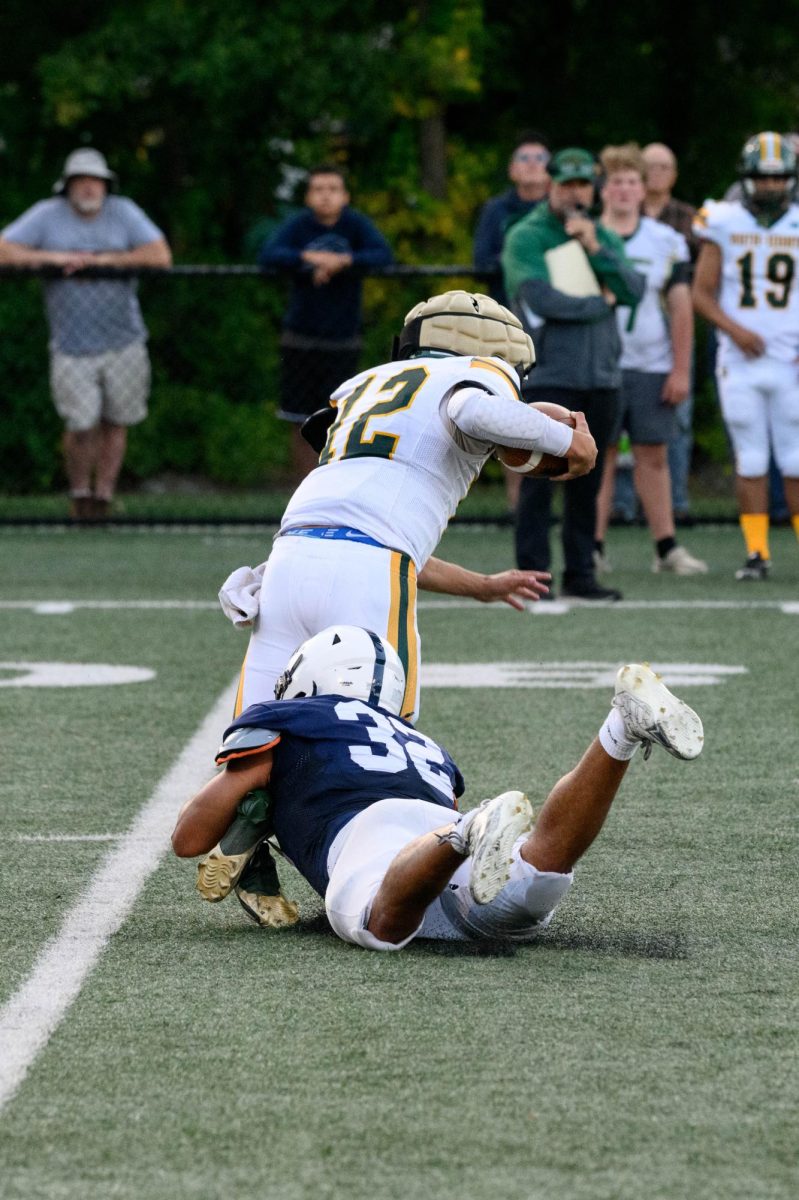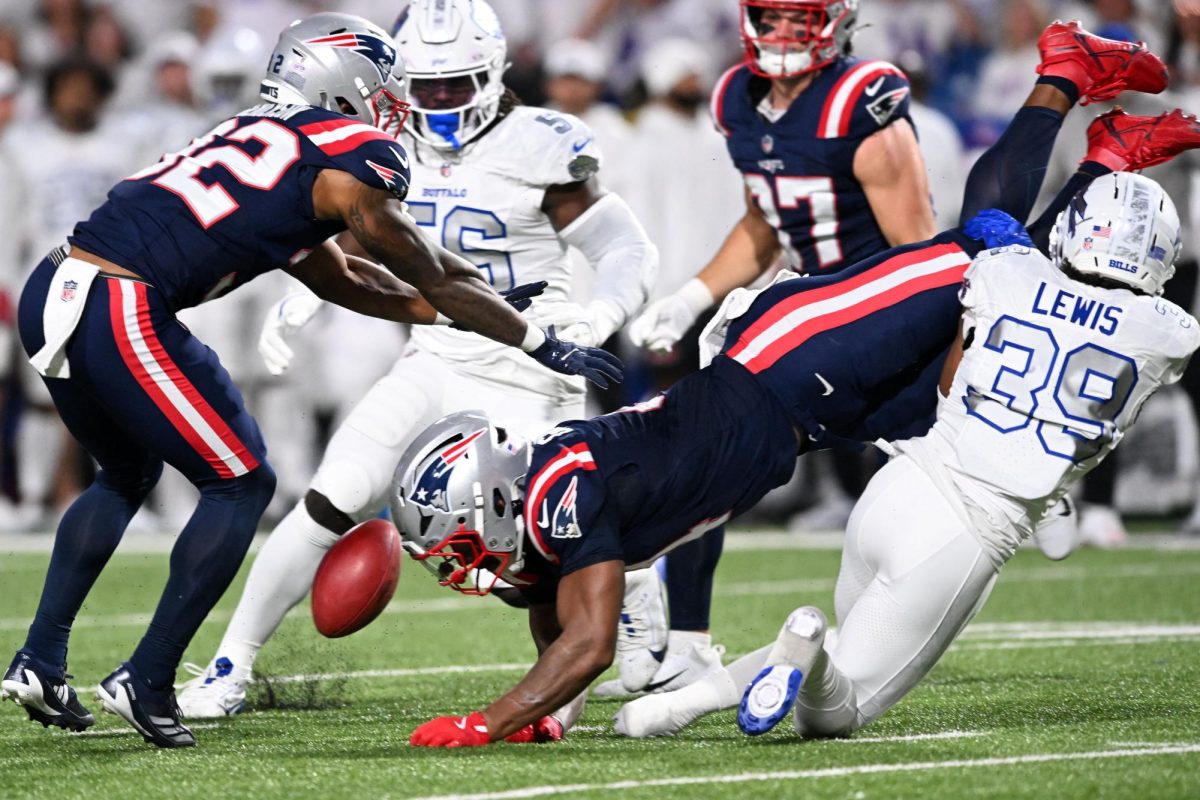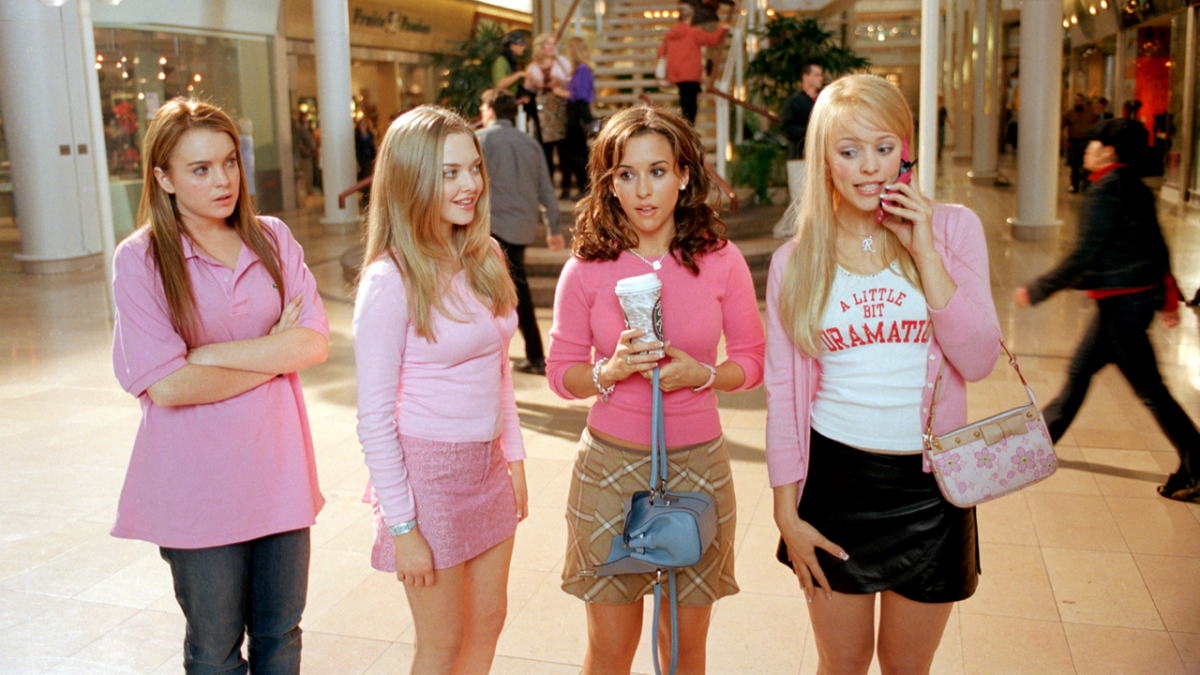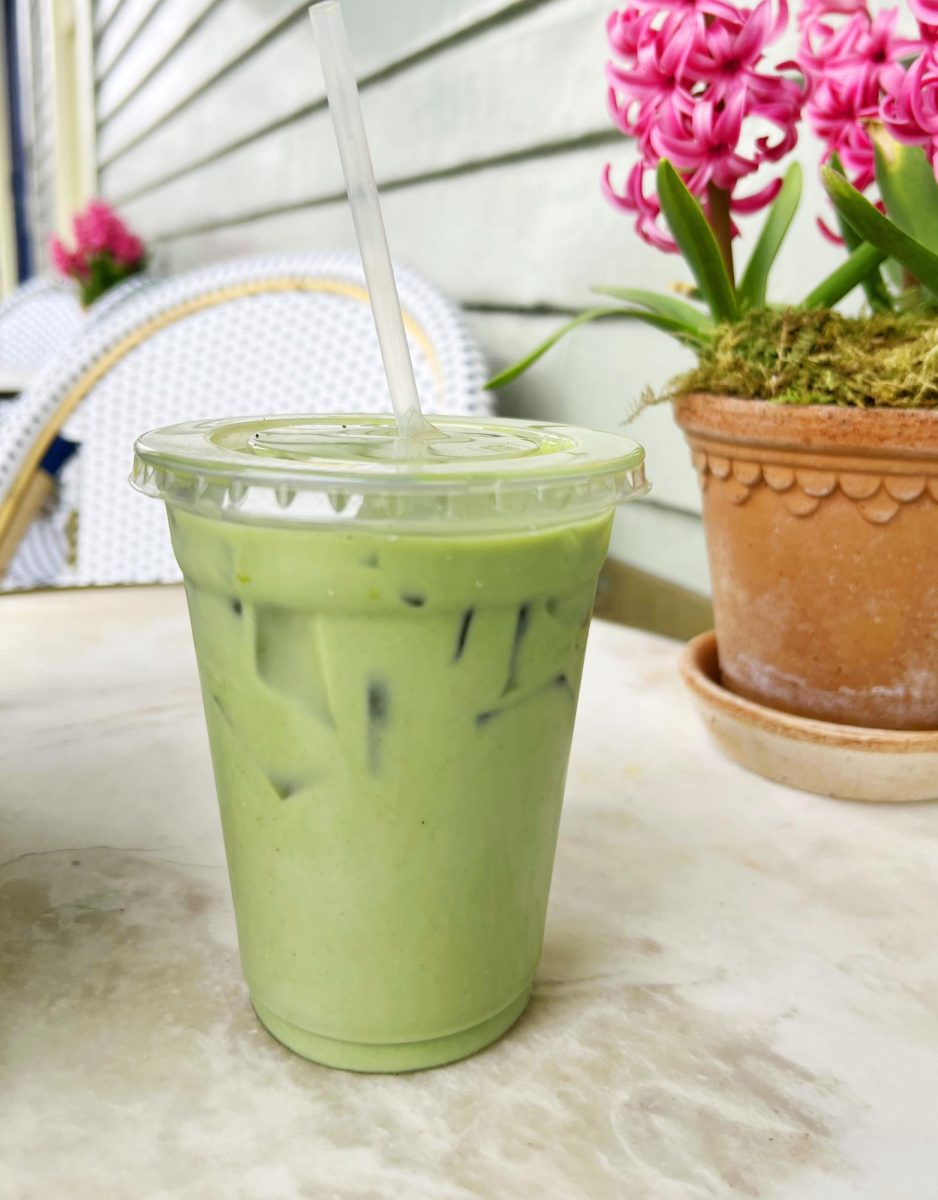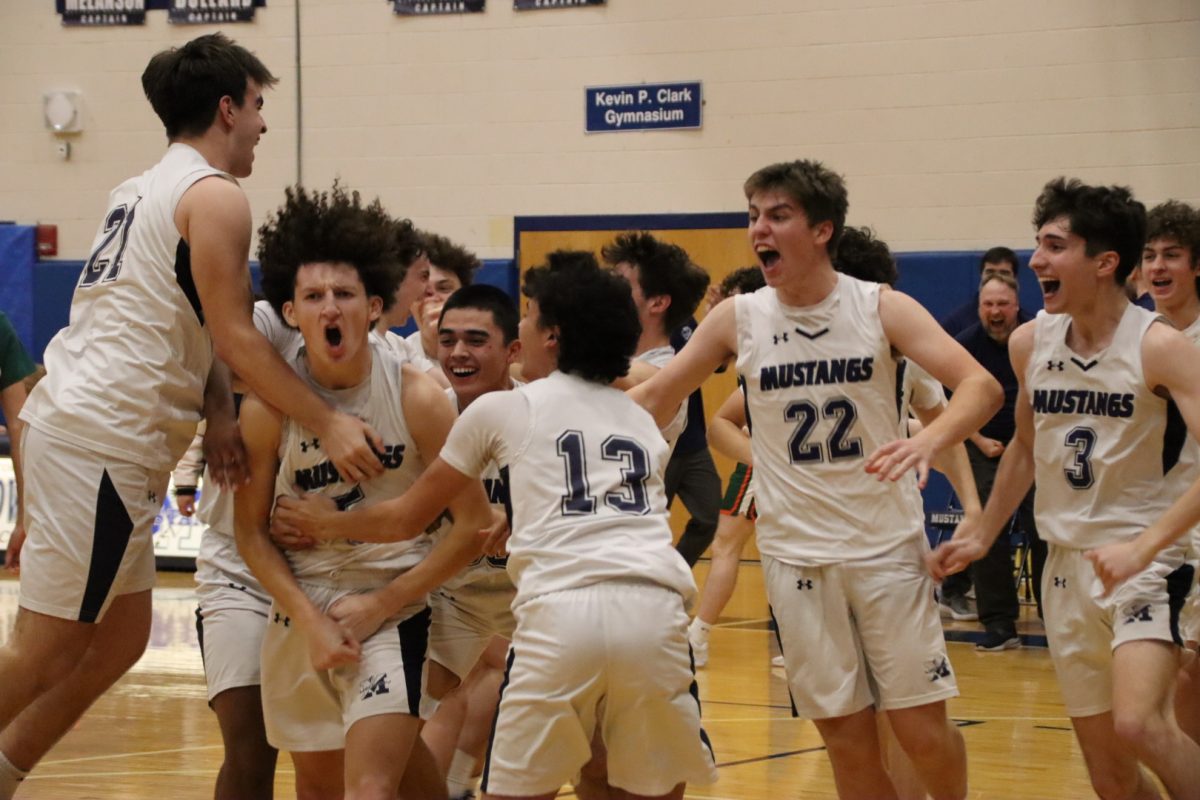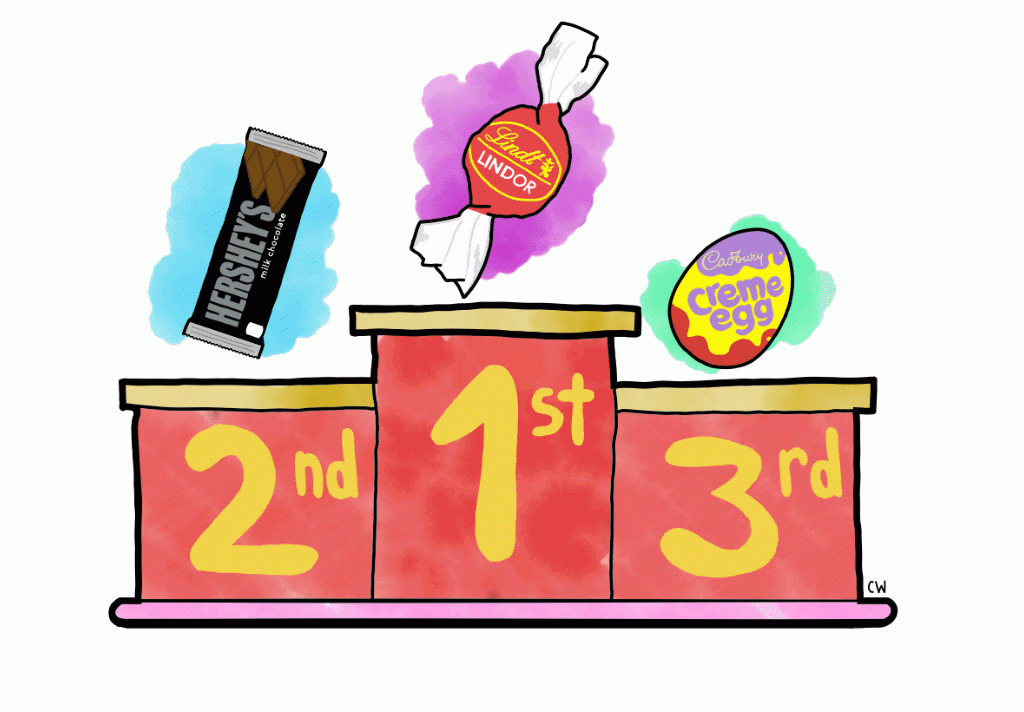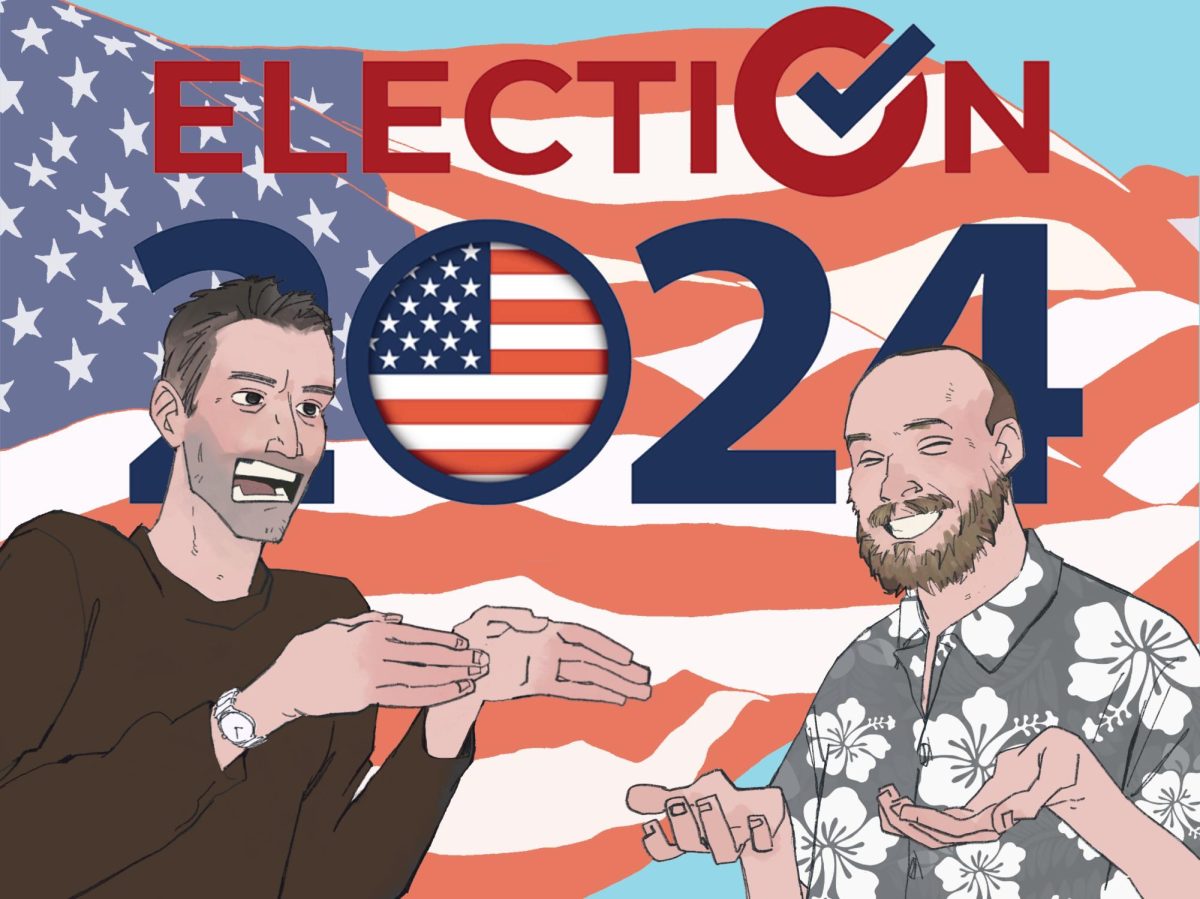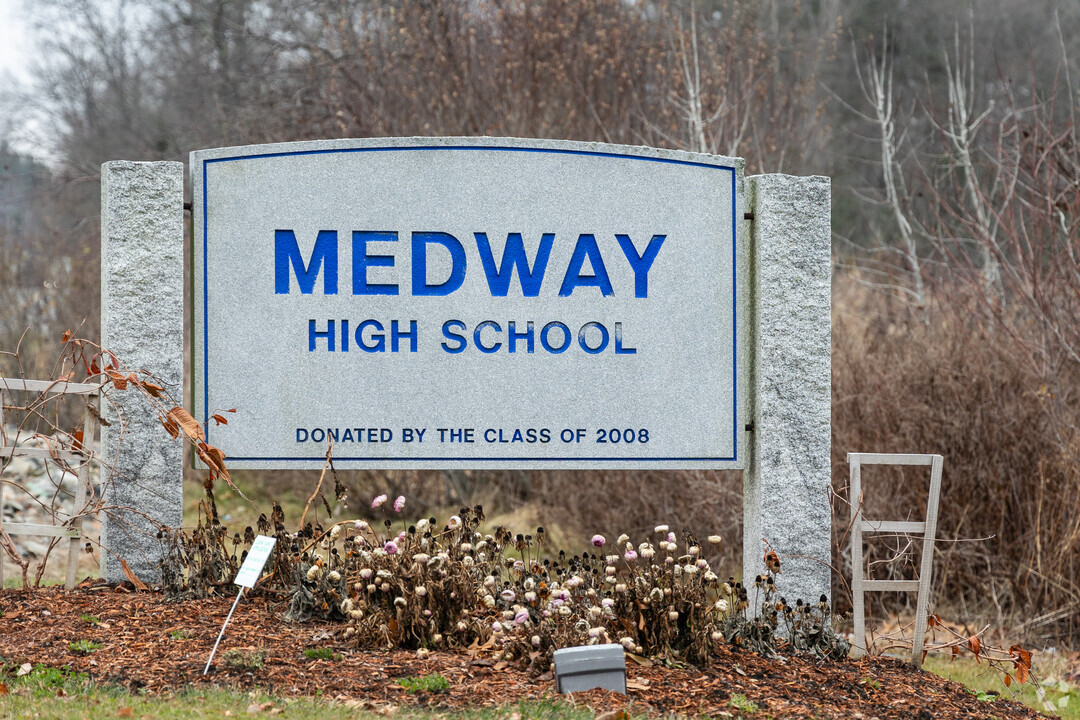As the election is coming up soon this fall, we decided to interview two of Medway High’s US History teachers to learn more about what makes this election unique. Below are the questions we chose to ask, answered by Mr. Pacelli and Mr. Church:
Question 1: What is one word you would use to describe this year’s election?
Pacelli: Dynamic
Church: Contentious
Question 2: As a teacher, why do you think it is important to not share your personal political party and views with your students?
Pacelli: In my case, I am happy to share with my students that I am Unenrolled, as we are called here in Massachusetts. When you take AP U.S. Government and Politics, we can discuss further the effects of that classification. But yes, I do think it is important to maintain my political neutrality in my professional capacity for a number of reasons. I think it is an important part of my job to discuss current events, which obviously includes elections. My preferred method is by way of class discussion, inviting students to partake as much as possible. In those discussions, I want students to feel equally valued and respected. I want to educate students about the democratic process and about the context of any given issue that might come up. I want students to feel comfortable sharing their own views. For a teacher to create an environment that is hostile to any particular viewpoint would undercut these goals and do a disservice to students we are trying to educate. If a teacher were to sponsor a particular viewpoint in class, that seems to me to inherently restrict the other points of view on a matter. In so doing, I tend to think that means students won’t hear another viewpoint explained, and thus furthers the problem of people living inside an insulated “bubble.” My role is to provide students with the knowledge and skills that they can use to make decisions for themselves. Included in our school’s value of diversity certainly includes diversity of perspectives.
Question 3: In past years during presidential debates, such as Obama V. Romney 2012, both candidates seemed to have a very polite manner toward one another. What do you have to say about the lack of manners at this year’s debate between Trump and Biden where they said things like “Sleepy Joe” and “morals of an alley cat”?
Pacelli: My first reaction to that is that American history has in it quite a number of really brutal, personal election cycles. 1824 comes to mind first – where Andrew Jackson’s temperament, experience, and even his wife and marriage were personally attacked. There is also mounting evidence that other prominent figures in our history have been involved in less than honest elections – Lyndon Johnson in his days running for Congressional seats, for instance. So sometimes things seem worse now than they’ve ever been because we, as a people, have surpassed those trials already and this one still stands before us. But yes, insofar as this election cycle is concerned, it has been much worse than “Sleepy Joe.” I think that these kinds of personal attacks are just easier than getting into the weeds of an issue, and they certainly attract more attention than a detailed discussion about tax policy or some other issue. So if a candidate’s main objective is attention and viewership, then I suppose these ad hominem attacks will continue.
Church: It seems as though in the past, candidates have always highlighted their opponents’ political weaknesses, but this year it was heavy on personal attacks on both individuals. At every debate, each candidate has tried to expose policy issues and struggles of their opponent, but this year it went a lot further into their personal life.
Question 4: What effect do you think Joe Biden dropping out of the race had on the Democratic Party?
Pacelli: Well I certainly think it has energized the electorate generally, and in particular Democrats and the Party. This could be measured by campaign donations to the Democrat candidate, which I recall reading during the summer really skyrocketed when the President shifted his support to Kamala Harris. Younger voters, who in particular (although not exclusively) were distressed about two elderly candidates, seem to have a renewed interest in this election now. Barack Obama was uniquely effective in capturing this bloc in 2008 and I think Kamala Harris is more likely to do that than Joe Biden was. Another piece of evidence that demonstrates this renewed energy is the debate viewership. It is estimated that 67 million people watched the Harris-Trump debate in September, which is approximately 16 million more than those who watched the June 2024 debate between Biden and Trump.
Question 5: Why do you think this election is so controversial?
Pacelli: People genuinely care about the issues. I think Americans genuinely do care about each other and the issues at stake, so it stands to reason that if one is told there is a threat to something one cares about, people become passionate. Another major issue is that public trust in our institutions (all of them) is down. So if you don’t believe what the media is reporting, or you see yourself constantly surrounded by threats, then people become skeptical of the process and the outcomes.
Question 6: Why do you think there is so much hyperpartisanship in the world of politics today?
Pacelli: As our trust in institutions erodes, and social media’s algorithms channel only material with which you agree, and people simply remove themselves entirely from people with whom they disagree, it becomes easier to villainize the opposition. It is easy to portray people as nefarious when we don’t see them as our neighbors and fellow Americans. I tend to think that while we often hear about rights and what we’re entitled to, we should also consider our obligations. I think we have a duty to listen to the arguments with which we disagree and spend time around people that differ from us. I have found that to be the most effective thing in educating myself – spending time with people that think differently than I do and who have different backgrounds. We must resist the urge to remain comfortable by remaining only in our insular perspectives.
Question 7: Many people have expressed a desire for younger presidential candidates, why do you think this is and do you think we will have younger candidates in the future?
Pacelli: I think there is a paradox here. While it is appealing to have a young, energetic candidate on the one hand, they are again and again characterized as lacking necessary experience and the judgment that only comes with age. People want to vote for a candidate with whom they can relate. Older voters show up to vote with the most consistency. Younger voters are the least reliable voters. So while their vote matters, it is a gamble for a candidate to position themselves as depending on the younger vote.
Church: I think there is such a focus on the future in today’s world, for example about climate change everyone is thinking about the future and what we can do to change it. People want younger candidates because they are perceived as more aware of the future whereas older candidates tend to prioritize the present. And no, I don’t think the candidates will get much younger because, in the end, people prioritize experience.
Question 8: What do you think are the main national issues that will lead people to choose between the two candidates this year?
Pacelli: I would first say that I’m not so sure that people vote, or will vote, based on the issues. People tend to vote for candidates that they “trust” based on both verbal and nonverbal signals. But to answer your question, the polls indicate that inflation/prices and immigration tops the list. Economic issues driving the election is a tradition and it seems like at least insofar as issues matter for 2024, that will be the same thing now.
Church: The most prominent issue based on what I have heard, is the economy. Although people do care about the current issues, sometimes it seems like people vote for their preferred personality not their preferred policies.
Question 9: How would you compare the atmosphere of the Biden vs. Trump debate to the Trump vs. Harris debate?
Pacelli: I think one thing most people agree on is the perceived outcome of each debate. I don’t think it is a partisan conclusion to say that President Biden performed poorly – even by his own admission, he had a bad night. It is no coincidence that he dropped out of the race shortly thereafter. Aside from a few snap polls, we won’t know until probably this week how the Harris-Trump debate has shifted the race, but certainly there was more energy in the room for the second debate. One change that has been made which I think is great is the absence of any live audience for the debates. I’ve always thought that having an audience there reacting with boos or cheers makes it more of an entertainment spectacle than what we want it to be, and it is too tempting for the candidates to not have snappy one-liners to garner such a response from the crowd. The live audience reaction is a cue to the viewer at home and I think has an effect on our perception, like a laugh-track in a 1990s sitcom. The removal of an audience (and thus their audible reactions) means that the viewer at home can fairly determine their own reactions to the candidates, without prompting from a crowd. So that’s been a good change during this election cycle.
We hope everyone learned a little bit about this year’s article, and a big thank you to Mr. Pacelli and Mr. Church for sharing your thoughts with us! For those who are eligible, don’t forget to vote on November 5th!

